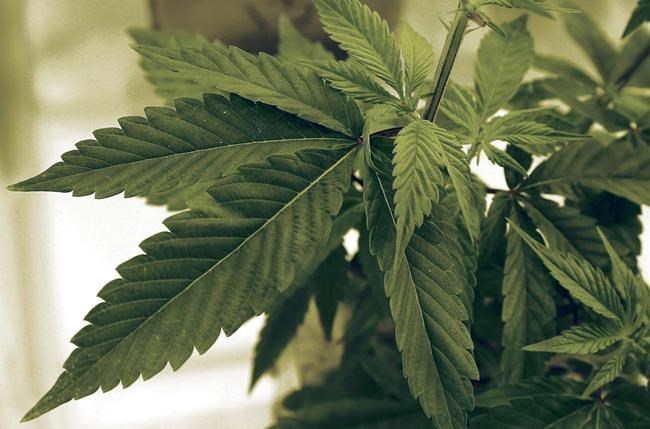 The current medical-marijuana regime is a slapstick farce from a legal point of view.
The current medical-marijuana regime is a slapstick farce from a legal point of view.
Maybe that’s why the provincial government is being so serious when it comes to B.C.’s new framework for recreational cannabis. The NDP introduced two cannabis bills last week that add up to more than 180 sections covering every aspect of retailing pot for profit and smoking it for fun.
They’re trying to nail down every detail of how it’s supposed to work. It remains to be seen if it’s going to work as intended, but no one can accuse them of not taking the epic change seriously.
The basics were made known over the past year. Adults can grow up to four plants, and possess up to 30 grams. Marijuana will be sold in private shops and new government stores that are separate from liquor stores but run by the Liquor Branch. Both types will need municipal licences.
Pot will be taxed at the producer level at about 10 per cent of the selling price, or $1 a gram. Provinces get to keep 75 per cent of the tax revenue, Ottawa gets the rest.
Here are some of the other fine-tuning requirements in the new bills that the marijuana community and others will be studying:
• The retail shops can’t use vending machines or be self-serve. No minors are allowed under any circumstances. They can’t be “tied houses,” meaning one producer’s marijuana is sold to the exclusion of others. Producers can’t offer any inducements to retailers to promote their brand over others. The government’s cannabis general manager can fine shops up to $50,000 for various infractions.
• Public possession of under 30 grams is allowed. So is public possession of under four plants, but “an adult must not possess in a public place a cannabis plant that is budding or flowering.”
Growing marijuana isn’t as simple as it sounds. People can grow up to four plants at their residence, but only if they’re not growing plants at different dwelling-places at the same time. If there’s more than one adult resident, it’s still only four plants. And the plants can’t come from a seed that the adult knows is illicit. The plants have to be somewhere not visible from a public place.
• Consumption is restricted to private property, but just to be sure, there’s a list of public places where smoking or vaping cannabis is prohibited. Skating rinks, sports fields, playgrounds, skate parks, spray or wading pools, parks, outdoor public-recreation areas and decks, or viewing areas related to the above.
Indoors, there’s a similar ban on smoking or vaping in any enclosed public place, or workplace, restroom, meeting room, break room or common area in any apartment block or dormitory. Bus stops, train stations, taxi stands and ferry docks are also off-limits.
As well, using marijuana is barred in any vehicle or boat. And no one can operate a vehicle or boat if they know someone in it is using cannabis.
• B.C.’s legislation also has a section on liability.
If a person consumes marijuana on a school property, “the education authority, superintendent and principal are each deemed to have contravened that section and are each liable for the contravention.”
The same applies to any employer at a worksite.
The legislation stipulates that they have a defence to the charge if they can show they took reasonable steps to prevent the contravention.
• The Cannabis Distribution Act gives the government the right to buy and sell cannabis and operate the wholesale and retail business. The act requires that it also has to reconcile the books and break even every day.
The bill requires that, at the close of each day’s business in the new government marijuana shops, “cannabis revenue must be applied first, for the administration of this act. … Any balance remaining must be paid promptly into the consolidated revenue fund.”
If the revenue is insufficient for the administration of the act, the deficiency must be advanced from the revenue fund.
Kirk Tousaw, who has specialized in cannabis law for the past 13 years, said there’s a degree of overkill in the bills.
“There are some silly restrictions on behaviour. They should just treat people like grownups.”
But after years where “all the gains were made by people who risked breaking the law,” he said: “At least they’ve got the ball rolling.”



